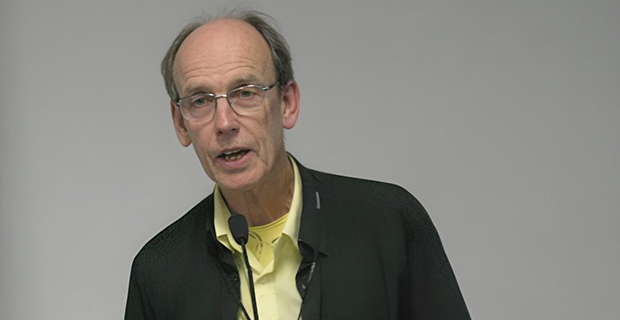Churches, Culture, Conversion, Continuity

Professor Doug Munro (New Zealand) focused on the Fijian context, where Methodism dominates:
“To this day, Fiji remains one of the few nations where Methodism is the principal Christian denomination. Christian missionaries were not involved in the initial decision to bring Indian indentured labourers, and they largely ignored the new arrivals at first. Their focus remained on converting native Fijians. In fact, Methodist leaders feared their converts might be ‘contaminated by exposure to the superstition, immorality and vice of a shrewd, vigorous, and ingenious foreign population.”
Munro’s analysis reveals how Indians in Fiji were viewed through a lens of suspicion and moral judgment, rather than as a population to be welcomed into the Christian fold.

James Boston (England) examined conversion in other British colonies:
“There were exceptions to the general trend. In some British colonies outside India, Indian populations did convert—often incentivized by missionaries offering better access to education, economic opportunities, and social mobility. Those who did convert often practiced a distinct form of Christianity that incorporated elements of Indian culture. These hybrid traditions are fascinating. They reflect how people blended inherited identity with new belief systems, creating something uniquely their own.”
Boston’s view emphasizes that Christianisation was not always about loss—it could also be about cultural fusion and adaptation.
Faith, Identity, and Endurance
The impact of Christian churches on the Indian diaspora is multifaceted. While missionary efforts brought education, mobility, and inclusion into colonial society, they also challenged deeply rooted traditions and beliefs. The adaptation to Christian customs—language, dress, and diet—was often accompanied by a sense of cultural displacement.
Still, Hinduism and Islam endured. Through temples, mosques, familial traditions, and post-indenture community resilience, these faiths remained integral to diasporic identity. The late 20th century saw a revival of interest in ancestral culture, with festivals, music, and religious education reclaiming space in national narratives.
Across former indenture colonies—from the Caribbean to the Pacific—Indians continue to negotiate the legacies of faith, power, and identity. The influence of Christian churches, whether viewed as an agent of change or control, remains a subject of ongoing reflection and dialogue.
—The author Dr. Kumar Mahabir may be contacted at:
WhatsApp: +1 868 756 4961
Email: dmahabir@gmail.com
Watch the full ICC Thought Leaders’ Forum:
https://www.youtube.com/@dmahab/streams










Comments.